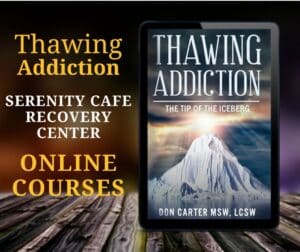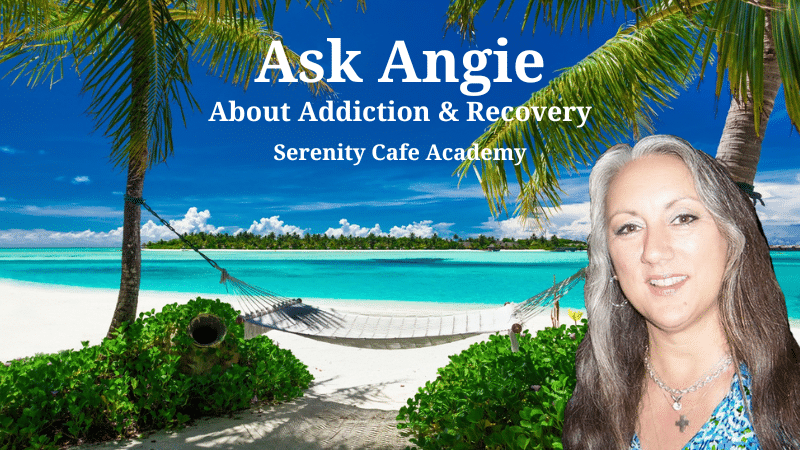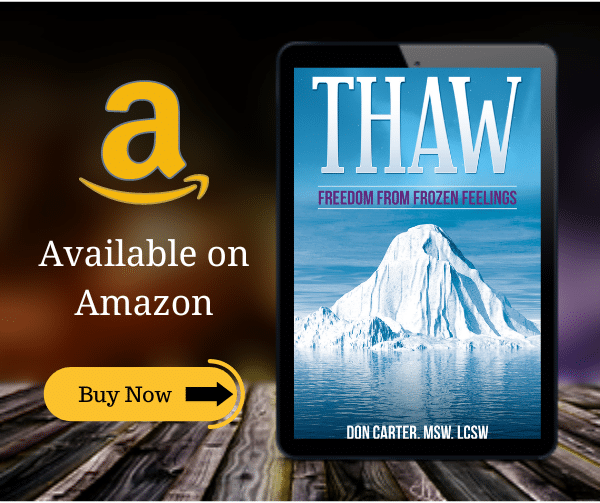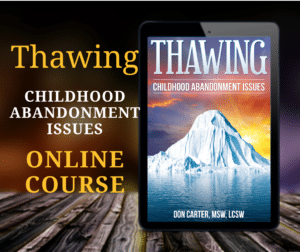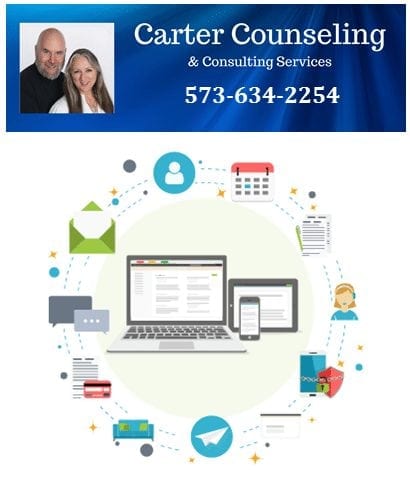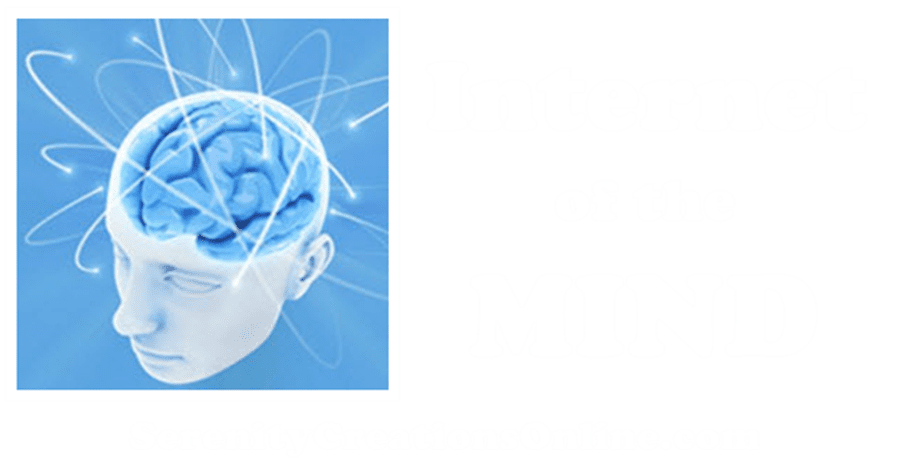
Sponsorship in Recovery
Sponsorship in Recovery: An important component of the 12-step recovery program is sponsorship. What exactly is a sponsor? What do they do? And how does one go about getting a sponsor?
What is Sponsorship in Recovery?
Questions? Contact Angie at Carter Counseling
An important component of the 12-step recovery program is sponsorship in recovery. What exactly is a sponsor? What do they do? And how does one go about getting a sponsor? I am in long-term recovery from drugs and alcohol in addition to being a family member in recovery and I use sponsors in both my programs. Sponsorship has played a vital role in my recovery and continued growth. I am not sure how far I would have gotten without it. In turn, I sponsor others, which is also part of my recovery program.
When I hit bottom and decided to embark on this new way of life, one without alcohol and other drugs, I was venturing into unknown territory. I needed a guide, someone who had experienced the life-changing phenomena of sponsorship in recovery too and could share with me how they experienced it. My sponsor was also someone I called on when I struggled with how not to pick up that drink or get through something without reverting to using drugs.
People sponsor in a variety of ways, but there are some common guidelines that most people in 12-step programs try to follow. Typically people get a same-sex sponsor, it helps reduce the “getting romantically involved” factor which can sometimes happen. Ideally, you want someone who has worked the 12 steps. It is a little hard to be a guide if you’ve never been on the journey yourself!
A sponsor is someone who can show a person how the recovery program works by sharing their experience, strength, and hope. Sponsors are not marriage counselors, taxi drivers, loan officers, or any type of legal authority. There can be a fine line between helping someone out and enabling them (ie. money, transportation, a place to live, food etc.)
A healthy sponsor needs to know where that line is and what the limit is. I have had many lessons in these areas over the years. Its one thing to give a person a ride to a meeting and quite another to taxi them to the store, work, and to go pay bills. One individual even called their sponsor (after a relapse) and asked them for a ride home from the bar!
A sponsor and the sponsee (the person being sponsored) should sit down and go over a mutual understanding of expectations of sponsorship in recovery, the purpose of the relationship and how they want to define it. Some things they may want to discuss are confidentiality, honesty, meeting attendance, sponsor availability, how often to get together to work the steps when to call, spirituality, and if need be, changing sponsors.
A sponsor should never take advantage of a sponsee. It is not just a casual relationship, but one with a very specific purpose and a sponsor should honor that. Sponsorship in recovery is a sacred relationship built on trust. The sponsee is in a vulnerable position and this should never be exploited. “We are never to do anything that would harm them in any way- physically, emotionally, spiritually, financially, intellectually or socially.” (Twelve Step Sponsorship, Hamilton B.)
How does one get a sponsor? When I started going to meetings I was told to seek out someone who had something I wanted. For me, those things were peace of mind, honesty, integrity, dependability, and how to handle the issue of anger. I also wanted to learn how to have fun sober! So I went to meetings – listened and watched. Eventually, I found someone who I felt was the right person to help me.
After one particular meeting, I asked her if she would be interested in sponsoring me and she said yes. We have been together for 16 years now. Ours has been a relationship that has turned into a friendship. That happens sometimes with sponsorship in recovery. It has not been a friendship without its ups and downs, but we have worked through those things and our relationship is stronger for it.
As a family member in recovery, I have a sponsor who has assisted me in untangling those difficult issues when dealing with someone who has a drug and alcohol problem. She has helped me work through confusing emotions, heartbreak, and fears. Her ability to listen with a caring heart has been a lifesaver for me.
I am very grateful for my recovery as a family member so that I can continue to have healthy relationships with those I love who are impacted in a negative way by addiction. Because of my experience with sponsorship in recovery, on both sides of the relationship, I have learned how to have firm boundaries and not take on what is not mine to deal with.
This time of year is the anniversary date of when my sponsor got sober. It is a time of reflection for her and she always expresses a deep and sincere gratitude towards the recovery program that has availed her 30 years of continuous sobriety. I am eternally grateful that she has continued to work her recovery program and been available to help me along the way. The life lessons of sponsorship in recovery have been invaluable to me and I try to pass these rewards along to other newcomers and people I sponsor as I also travel this road of recovery.
About the Author
Angie Carter, CRADC, SAP is a certified alcohol and drug counselor in the State of Missouri and DOT certified Substance Abuse Professional. She is in private practice with her husband at Carter Counseling & Consulting Services in Central Missouri. Angie primarily sees clients in the office but is also available for telephone coaching and/or consultation. Click here to contact Angie with your questions or feedback.
